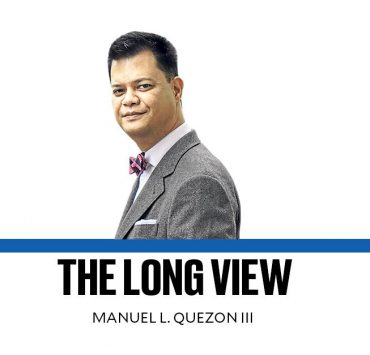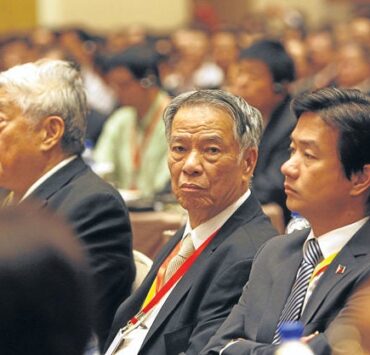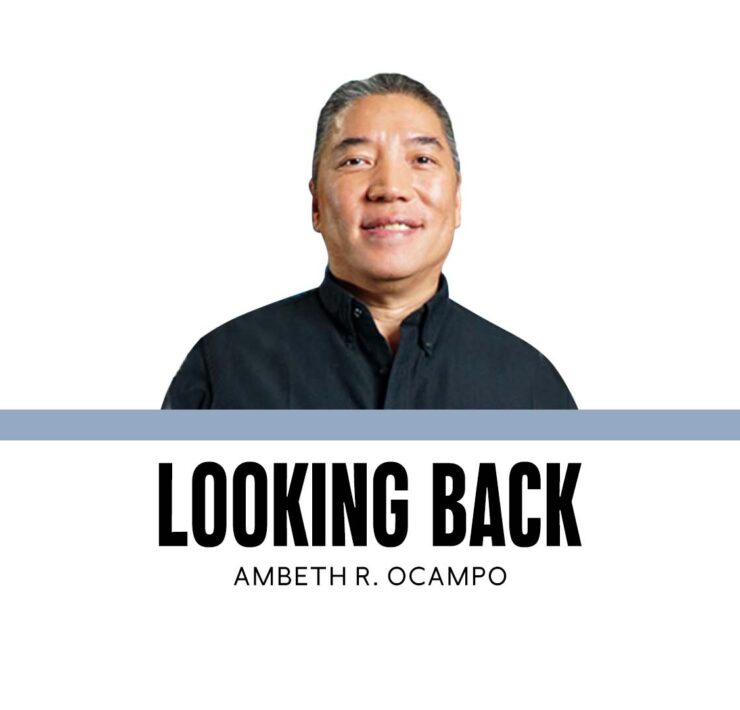The parable of Gelo’s death

There are deaths that make headlines, and there are those that pierce a nation’s soul.
The July 27 demise of 20-year-old Dion Angelo “Gelo” dela Rosa was one such case: a young man felled not by nature and misfortune, as the authorities would have us believe, but by injustice born of antiquated laws and an uncaring government.
While the Caloocan police have washed their hands of responsibility, insisting that Gelo’s death from leptospirosis is unrelated to his father’s detention, they can’t deny that his sad fate was a direct result of their actions and the country’s absurd policy on gambling. Not only was his father’s arrest for kara y krus excessive, it was emblematic of what Supreme Court Senior Associate Justice Marvic Leonen called an unequal treatment of offenders based on class, where the poor are punished while the wealthy are protected.
After all, the government that promotes online gambling through the Philippine Amusement and Gaming Corp. (Pagcor) cannot feign moral outrage when an impoverished man is caught playing kara y krus.
Yet this is precisely the kind of official hypocrisy that killed Gelo.
Biggest gambling operator
“Here lies the painful irony,” wrote Cardinal Pablo Virgilio David, “while the poor are being charged for playing kara y krus, we are powerless against the biggest operator of the gambling business today: the government itself, through Pagcor.”
Gelo’s tragedy began when his father disappeared on July 22. For three days, his family searched for him, wading through waist-deep, rat-infested floodwaters brought about by relentless rains that week across Malabon and Caloocan.
Based on David’s account, it was only three days later when the Dela Rosas learned their father had been arrested without a warrant and detained at a Caloocan police station, accused of violating Presidential Decree No. 1602, a Marcos Sr.-era anti-gambling law, for allegedly playing the coin toss game.
The police had made no effort to inform the family, until Gelo and his grandmother found him handcuffed in a cramped room at the back of the precinct, the cardinal said. The bail was set at P30,000, a sum well beyond the family’s means.
Gelo, a third-year college student and faithful altar server, began trudging back and forth to the precinct every day to bring his father food and work on his release, even as he began to feel sick.
‘No causal connection’
He developed a fever and body aches. On July 27, he apologized to his mother for not being able to accompany her and to make it to Mass. That night, his young sister found him lifeless. The cause: leptospirosis, a disease born from filthy waters contaminated with the urine of infected animals.
On Aug. 2, Gelo’s father was released. And then, the Caloocan City Police Station issued a belated statement claiming that the student’s death was “not related to the arrest of the father” and occurred “under different circumstances that have no causal connection to the police operation.” It called on the public to be responsible and avoid sharing misinformation online.
The law enforcers’ attempt to disown responsibility betrays the institutional callousness that caused this preventable tragedy. Nothing can erase the fact that Gelo would be alive today, had the police not arrested his father on flimsy charges, had they informed the family immediately, had the system not imposed bail that amounts to a king’s ransom for the poor.
Inquirer columnist Joel Butuyan said the arrest of Gelo’s father appeared to be a part of the “pangsakto” scheme, in which police allegedly arrest poor individuals to meet quotas and pad performance records (see “Death by injustice,” 8/7/25). “Why on earth would the police busy themselves with a kara y krus infraction,” he asked, “when the whole of Metro Manila was drowning in floodwaters?”
Dangerous convergence
Meanwhile, the state remains silent on the proliferation of e-sabong, unregulated small-town lottery operations, and online casinos accessible even to minors. These are not only tolerated but enabled by agencies tasked with regulating vice in exchange for revenue.
Such is the consequence of the dangerous convergence of unjust laws, an abusive police culture, and a government that profits from the vice it pretends to condemn.
There must be accountability, not just for the police officers involved, but for the entire policy and political apparatus that allowed this to happen. The law that criminalizes street games while legitimizing state-run gambling must be revisited. And the President, whose silence on the matter speaks volumes, must confront the legacy of the very decree issued by his father nearly five decades ago.
David called Gelo’s death a parable of our time.
And indeed it is: an ill young man, barely out of boyhood, waded through filthy floodwaters because his father couldn’t afford bail for a coin toss game. His death, according to the good cardinal, is a cry that may “reach heaven”—but it demands a reckoning right here on earth.





















